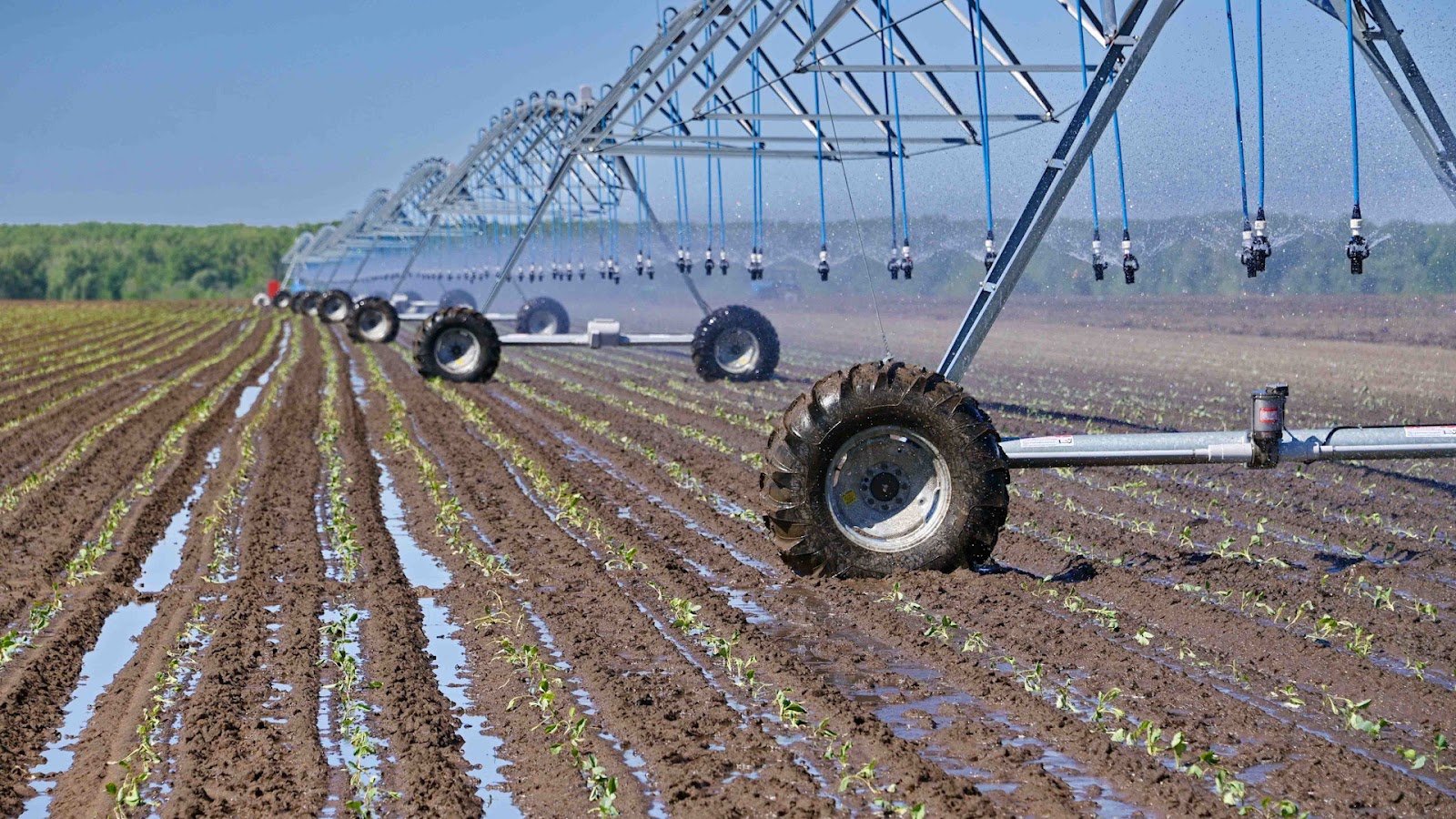
The Kazakh Ministry of Water Resources and Irrigation recently announced measures to encourage farmers to save and use water more efficiently. This move comes in response to President Kassym-Jomart Tokayev’s criticism of the slow introduction of water-saving technologies, which has led to annual water losses of 40% in some regions.
To address this issue, the ministry has set plans in motion to install water-saving technologies on 50% of the country’s irrigated land by 2030, with the goal of saving up to 2.1 cubic kilometres of water annually. Subsidies for drilling irrigation wells have been increased to cover 80% of their costs, while work is underway to raise subsidies for water-saving system installations to 80% of their costs in collaboration with the Ministry of Agriculture.
In line with the new Water Code, the state will offer subsidies and reduced tariffs for water supply based on the adoption of water-saving technologies. Tariffs for irrigation water will now be calculated according to the types of crops grown and the volume of water needed for their production.
Furthermore, the ministry is working to digitize 3,500 km of irrigation canals in the southern regions of Almaty, Zhambyl, Kyzylorda, and Turkestan. This will improve water metering on 362 thousand hectares of irrigated land and potentially save up to 600 million cubic meters of water annually. These efforts aim to enhance water efficiency in agricultural practices and mitigate water losses in Kazakhstan.
The ministry has also launched a campaign aimed at raising awareness among farmers about the importance of efficient water use. This includes providing training on best practices for irrigation management and offering technical assistance for implementing new technologies.
Overall, these measures are expected to significantly reduce annual water losses in Kazakhstan while promoting sustainable agriculture practices that will benefit both farmers and local communities.
The government’s initiatives are designed to promote sustainable agriculture practices that will benefit both farmers and local communities while reducing annual






